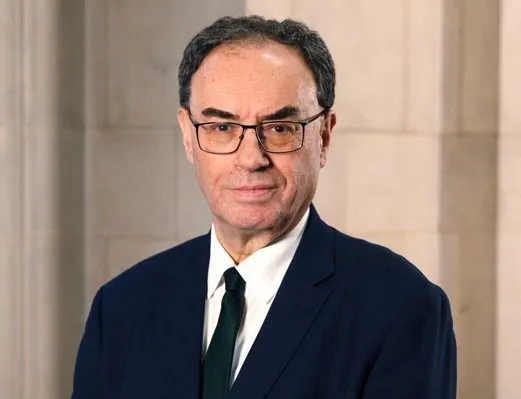
The Bank of England governor warned that there is “considerably more doubt” about when the central bank will be able to cut interest rates again.
Andrew Bailey’s comments came after the Bank’s Monetary Policy Committee cut the interest rate by a quarter point to 4% last month.
The reduction brings the interest rate down to its lowest level since March 2023 and was the third cut by rate-setters this year and the fifth since last August.
But Bailey, giving evidence to parliament’s Treasury Select Committee as part of the Bank’s annual report to MPs, sounded a note of caution on further cuts.
The governor said: “Although we’ve taken a further step, and although I think that the path will continue to be downwards, gradually over time, because policy is still restrictive…. there is now considerably more doubt about exactly when and how quickly we can make those further steps.
“That’s, that’s the message I wanted to get across. Now I think actually, judging by what’s happening to market pricing, I think that message has landed.”
Traders no longer expect another rate cut this year, with the next cut only fully priced in by next April.
MPs also heard evidence from MPC dove Alan Taylor, who initially called for a bigger cut to 3.75% before changing his vote to ensure a majority for a cut to 4%.
The nine-member MPC in the end voted 5-to-4 to cut Bank rate.
Taylor argued that the UK economy was getting closer to a “soft landing,” but that monetary policy would need to be carefully assessed over the coming months as it was at a “fragile” moment.
The dovish MPC external member explained: “Despite being buffeted by new shocks, we are getting closer to that soft landing [for the UK economy] now, but we are also in a fragile moment, and monetary policy will need to be carefully calibrated in the coming months to keep us on track.”
A soft landing is a position where a central bank succeeds in bringing down inflation without triggering a recession.
He said he voted for a larger cut because he sees wage inflation as coming down, adding that the disinflation process is continuing in the UK.
He added that the UK economy needed further support due to US tariffs imposed by President Donald Trump.
MPs also heard from external rate-setter Megan Greene, who voted to hold interest rates last month for two reasons.
She argued at the rate-setters meeting that the risk of higher inflation persistence has risen, while the risk of weaker economic demand has fallen.
Yesterday, Deutsche Bank pointed out that the direction of inflation, which rose to 3.6% in the year to June, and is expected to hit 4% this month, will be a key factor that rate-setters may want to wait to study at the end of the year.



